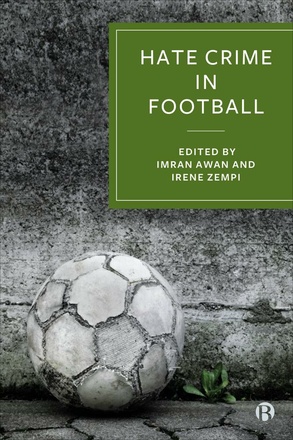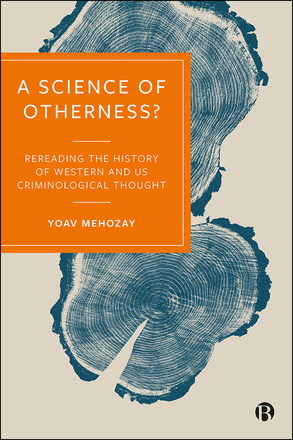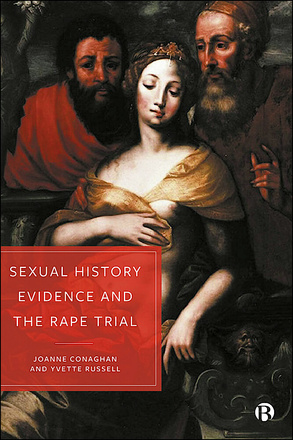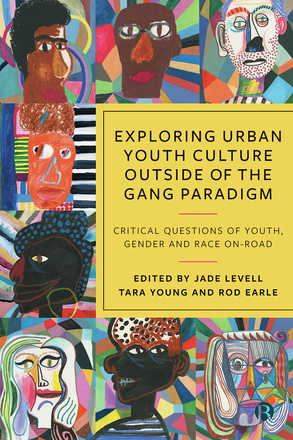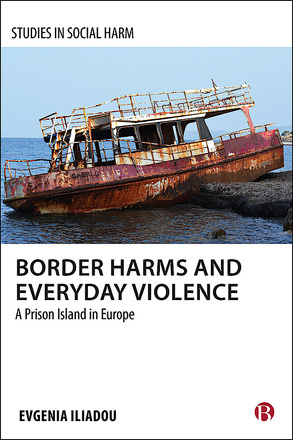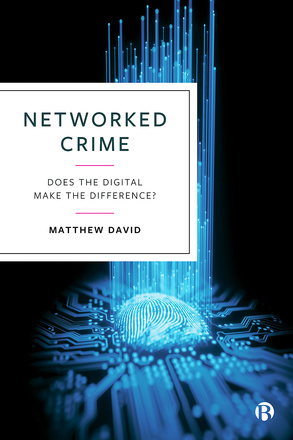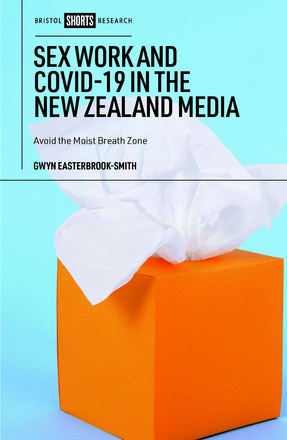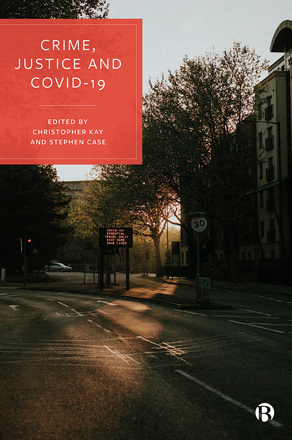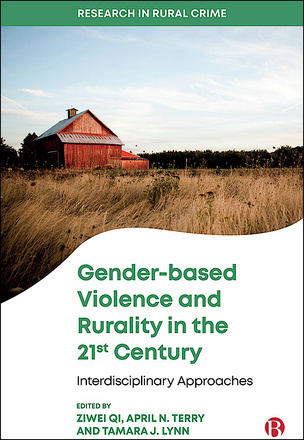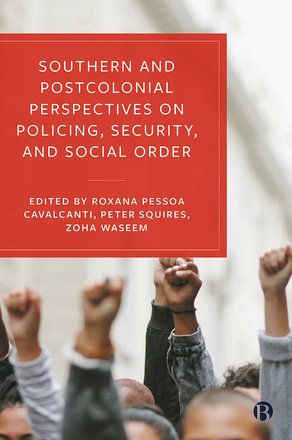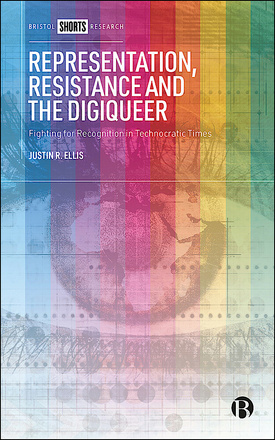Crime and Society
A Science of Otherness?
Rereading the History of Western and US Criminological Thought
This book presents a critical history of criminological thought from the Enlightenment to the present day. Mehozay contends that Western criminological approaches are based upon ‘otherness’ which validate projects of control and exclusion, modernization and care, and even eugenics.
Sexual History Evidence And The Rape Trial
Adopting a critical multidisciplinary perspective underpinned by feminist theory, this accessible book mounts an important interrogation into the use of a victim’s sexual history as evidence in rape trials.
Covert Violence
The Secret Weapon of the Powerless
Covert violence occurs in all social institutions and this compelling, much-needed book is for all those who seek to understand—and strive to prevent—violence in society. This book takes a new and engaging focus on the perpetrators of surreptitious violence on unsuspecting victims.
Exploring Urban Youth Culture Outside of the Gang Paradigm
Critical Questions of Youth, Gender and Race On-Road
Young people ‘on-road’ are often criminalised due to interlocking structural inequalities. Looking beyond concerns about gangs, the book addresses the concerns of practitioners, policy makers and scholars in analysing aspects and misinterpretations of the shifting realities of young people’s urban life.
Border Harms and Everyday Violence
A Prison Island in Europe
The Greek island of Lesvos is frequently the subject of news reports on the refugee ‘crisis’. Drawing on her experiences as an activist in Lesvos refugee camps, Iliadou considers the impacts of EU deterrence policies and highlights the global responsibility for safeguarding refugees’ human rights.
Networked Crime
Does the Digital Make the Difference?
Considering digital affordances for crime, this book considers whether cyberculture is significantly escalating social harms. Matthew David gives fresh insights into online harms and behaviours in the fields of hate, obscenity, corruptions of citizenship and appropriation, offering a comprehensive guide to the field of cybercrime.
Sex Work and COVID-19 in the New Zealand Media
Avoid the Moist Breath Zone
New Zealand’s decriminalisation of sex work, and its unusual success in combatting COVID-19, have both attracted international media interest. This accessibly written book uses the lens of news media coverage to consider the pandemic’s impacts on both sex workers and public perceptions of the industry.
Crime, Justice and COVID-19
This edited collection offers the first system-wide account of the impact of COVID-19 on crime and justice in England and Wales. Integrating first-hand narratives, it provides a critical discussion of the challenges faced by criminal justice agencies, together with policy and practice recommendations for future pandemic planning.
Gender-based Violence and Rurality in the 21st Century
Interdisciplinary Approaches
Gender-based violence (GBV) and its relationship to rurality is a challenging topic and this edited collection provides an innovative analysis of GBV in rural communities. The book explores patterns of violence in addition to GBV education and prevention, concluding with best practices to positively affect the lives of survivors.
Southern and Postcolonial Perspectives on Policing, Security and Social Order
Postcolonial legacies continue to impact upon the Global South and this edited collection explores their influence on systems of policing and social ordering. Expanding the Southern Criminology agenda, the book critically examines social and environmental harms, violence and war crimes, human rights abuses and the criminalisation of protest.
Representation, Resistance and the Digiqueer
Fighting for Recognition in Technocratic Times
Digital media technologies have enabled some LGBTQ+ individuals and communities to successfully organise for basic rights and justice, albeit at a risk of harassment and assault. Justin Ellis brings a ‘digiqueer’ perspective to LGBTQ+ identity formation through social media networks and considers the effects of surveillance technologies.







